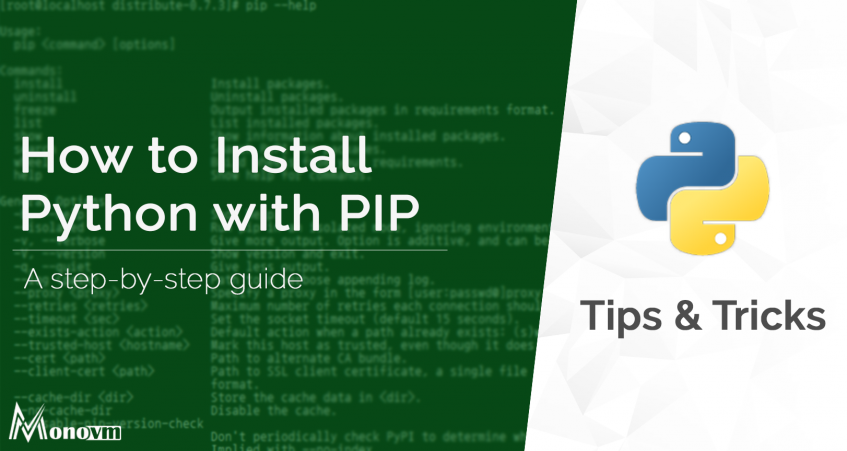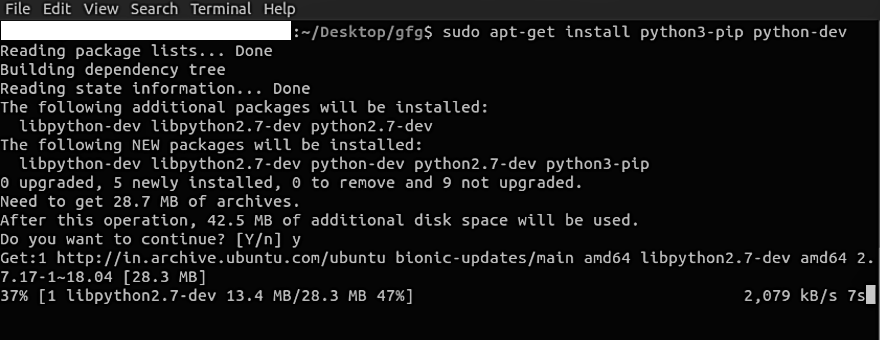


The notebook state is reset after any %pip command that modifies the environment. You should place all %pip commands at the beginning of the notebook.Install notebook-scoped libraries with %pip For a 10 node GPU cluster, use Standard_NC12.įor larger clusters, use a larger driver node.For a 100 node CPU cluster, use Standard_DS5_v2.When you use a cluster with 10 or more nodes, Databricks recommends these specs as a minimum requirement for the driver node: Using notebook-scoped libraries might result in more traffic to the driver node as it works to keep the environment consistent across executor nodes. To use notebook-scoped libraries with Databricks Connect, you must use Library utility (dbutils.library). An alternative is to use Library utility (dbutils.library) on a Databricks Runtime cluster, or to upgrade your cluster to Databricks Runtime 7.5 ML or Databricks Runtime 7.5 for Genomics or above. On a No Isolation Shared cluster running Databricks Runtime 7.4 ML or Databricks Runtime 7.4 for Genomics or below, notebook-scoped libraries are not compatible with table access control or credential passthrough. Notebook-scoped libraries using magic commands are enabled by default. To install libraries for all notebooks attached to a cluster, use workspace or cluster-installed libraries.ĭ and APIs are removed in Databricks Runtime 11.0.


The library utility is supported only on Databricks Runtime, not Databricks Runtime ML or Databricks Runtime for Genomics. On Databricks Runtime 10.5 and below, you can use the Azure Databricks library utility.This article describes how to use these magic commands. Databricks recommends using this approach for new workloads. Run the %pip magic command in a notebook.There are two methods for installing notebook-scoped libraries: You must reinstall notebook-scoped libraries at the beginning of each session, or whenever the notebook is detached from a cluster. Notebook-scoped libraries do not persist across sessions. Other notebooks attached to the same cluster are not affected. When you install a notebook-scoped library, only the current notebook and any jobs associated with that notebook have access to that library. Notebook-scoped libraries let you create, modify, save, reuse, and share custom Python environments that are specific to a notebook.


 0 kommentar(er)
0 kommentar(er)
